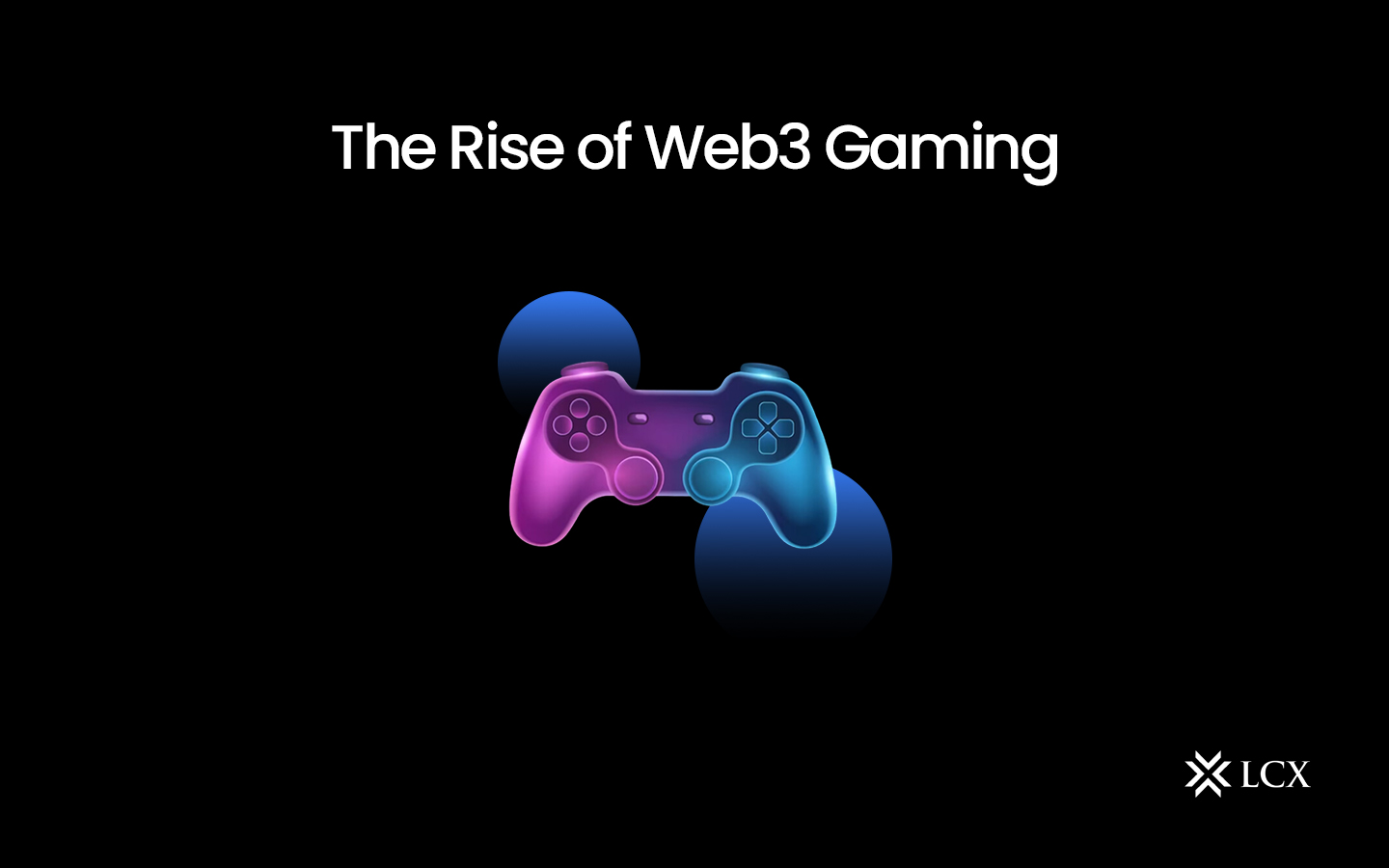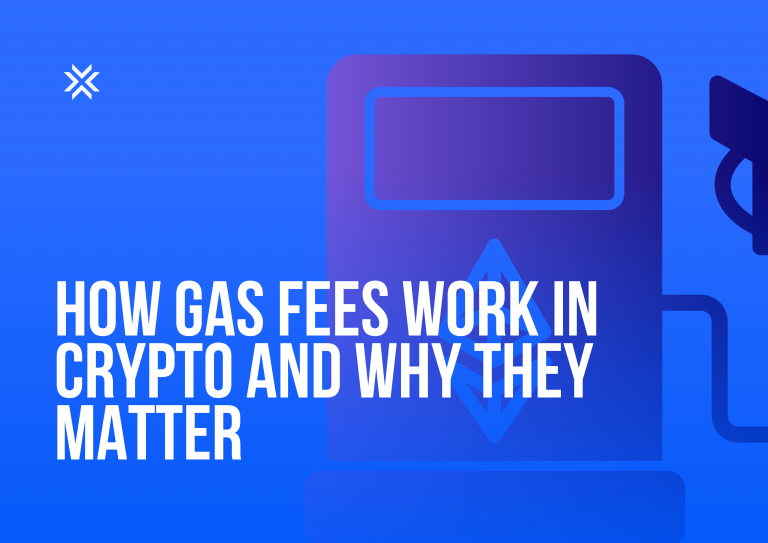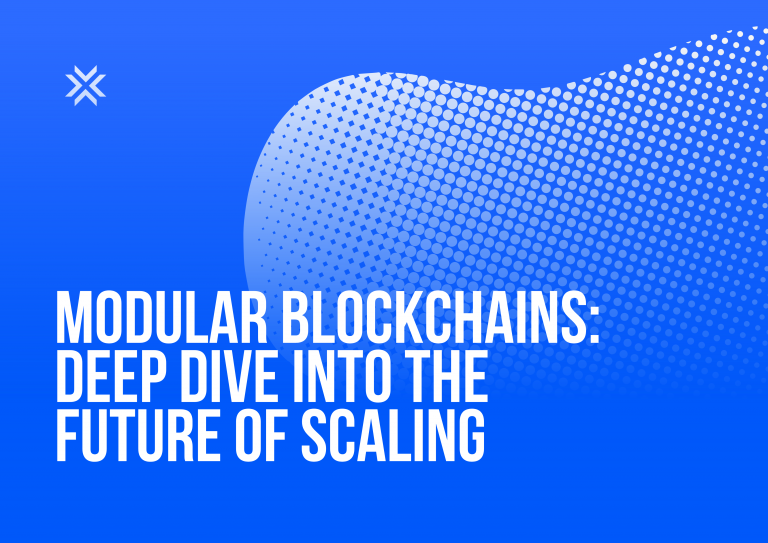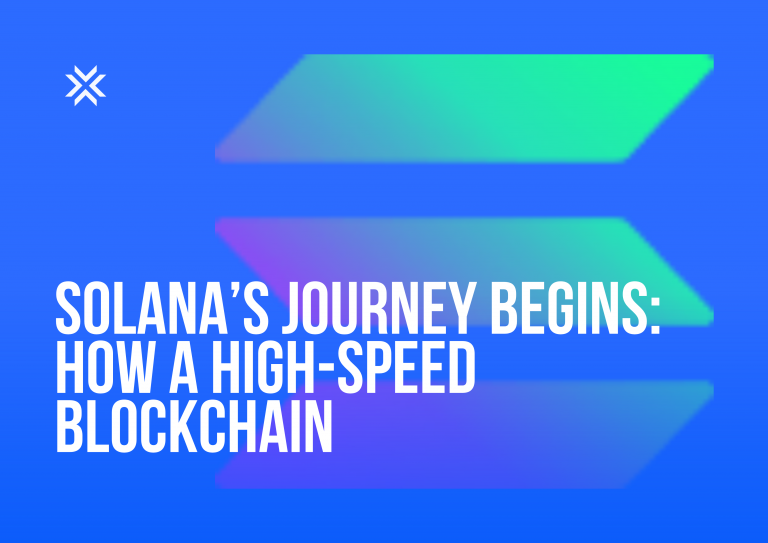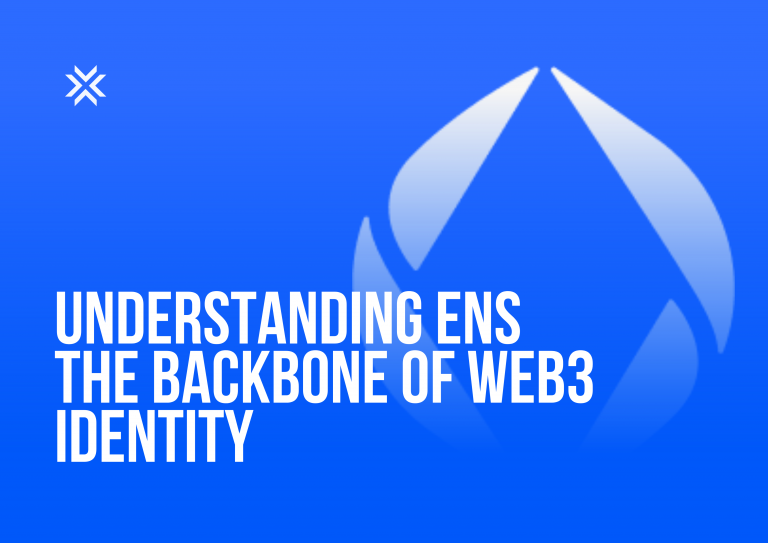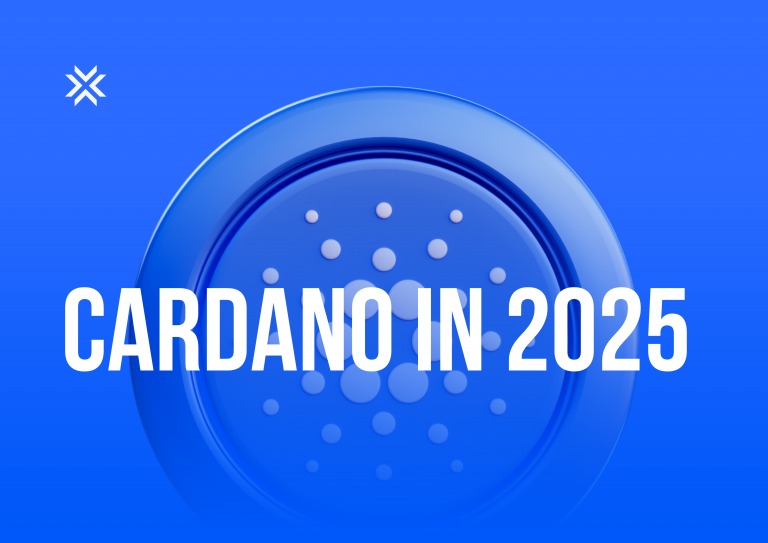The integration of blockchain technology and online gaming is causing a significant transformation in the gaming sector, known as Web3 gaming. It is critical to comprehend the profound implications that arise from the convergence of blockchain technology and gaming, which transcends being a fad, as we enter a new era.
Decentralization and Ownership
Decentralization is an essential principle among Web3 gamers. Players acquire legitimate ownership of their in-game assets through the development of decentralized gaming ecosystems made possible by blockchain technology. Non-fungible tokens (NFTs) enable gamers to acquire exclusive in-game items, characters, and other digital assets in a verifiable manner. Player ownership as opposed to centralized control increases player engagement and loyalty.
Play-to-Earn and Economic Empowerment
Blockchain facilitates the notion of “play-to-earn,” in which players have the opportunity to generate tangible rewards through their engagement in the game. Smart contracts on the blockchain enable users to transact, offer for sale, or employ their in-game assets beyond the confines of the gaming environment. This phenomenon creates prospects for economic empowerment, particularly in areas where conventional employment prospects might be scarce.
Transparency and Security
Blockchain’s immutability and transparency effectively tackle concerns pertaining to fraudulent activities, unethical behavior, and deception within the gaming sector. Smart contracts facilitate trust among participants by ensuring the equitable and transparent allocation of rewards. Blockchain technology further strengthens security measures by protecting user information and thwarting illicit entry.
Interoperability and Cross-Platform Gaming
Web3 gaming promotes interoperability by enabling users to transfer their assets between various platforms and games. The promotion of cross-platform compatibility fosters collaboration among diverse gaming ecosystems and enhances the overall gaming experience. Blockchain technology serves as an intermediary, enabling smooth transactions and interactions across diverse gaming environments.
Community Engagement and Governance
Decentralized governance models frequently incorporate community participation in decision-making processes within blockchain-based gaming platforms. Players may provide input regarding the game’s development, revisions, and overall trajectory. Such an arrangement not only fosters a closer connection between developers and users, but also promotes a gaming environment that is more democratic and inclusive.
Tokenization of in-Game Economies
Blockchain technology permits the development of native tokens that symbolize in-game currencies. Tokenization improves the operational efficacy of in-game economies by facilitating streamlined transactions, diminished transaction fees, and increased liquidity. These tokens are tradable on external platforms, fostering an interconnected and dynamic gaming economy.
Conclusion
In summary, the incorporation of blockchain technology into the gaming sector via Web3 gaming signifies a significant paradigm shift. The benefits are manifold, including providing participants with genuine ownership, promoting economic opportunities, and guaranteeing transparency. Observing the progression of Web3 gaming, it becomes evident that blockchain is not merely a technological innovation, but rather a driving force that fundamentally transforms the gaming experience.
The transformative influence of blockchain technology will render the future of gaming decentralized, player-centric, and economically empowering. Prepare yourself for an exhilarating expedition into the realm of Web3 gaming.
